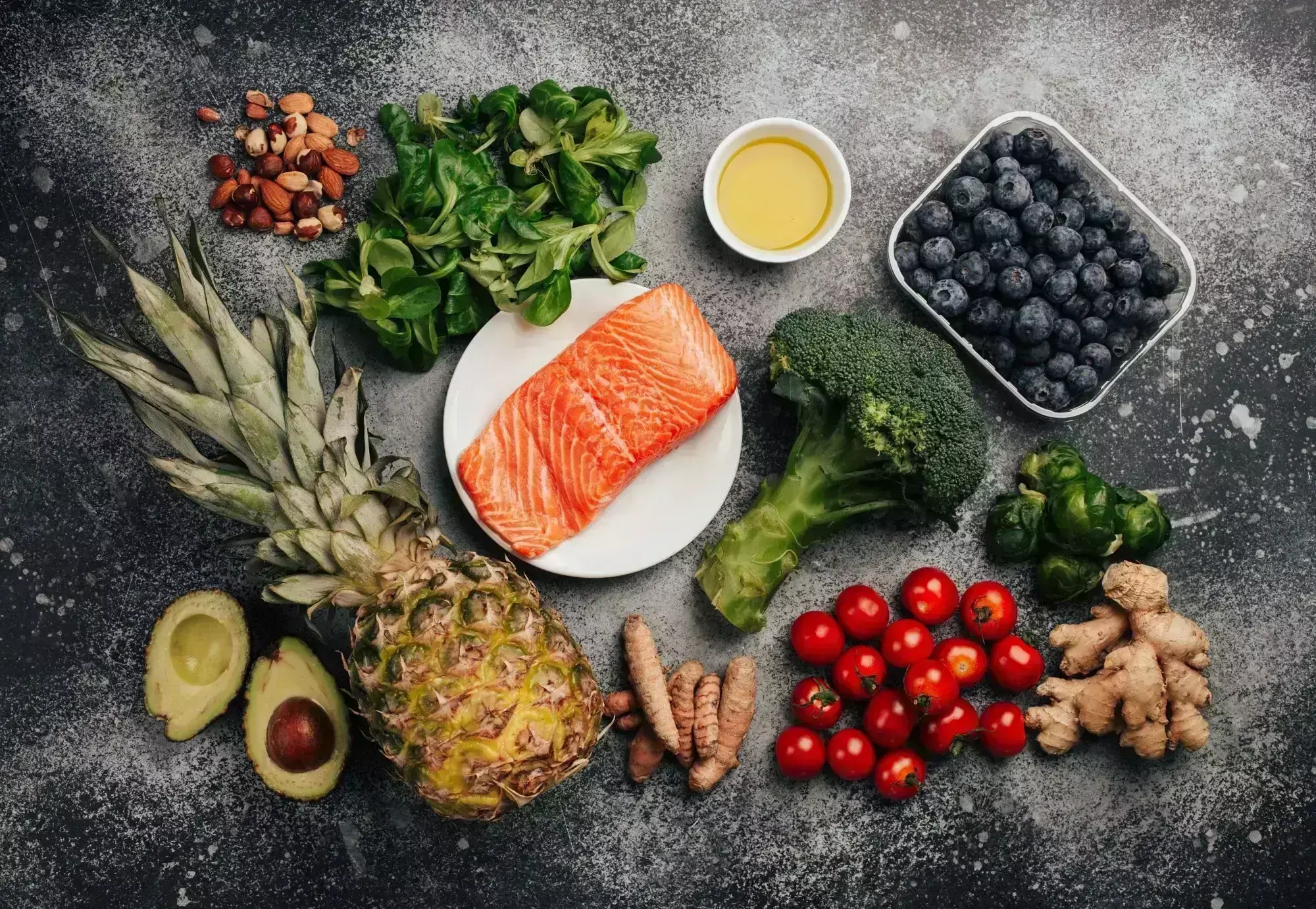- Home
- Medical news & Guidelines
- Anesthesiology
- Cardiology and CTVS
- Critical Care
- Dentistry
- Dermatology
- Diabetes and Endocrinology
- ENT
- Gastroenterology
- Medicine
- Nephrology
- Neurology
- Obstretics-Gynaecology
- Oncology
- Ophthalmology
- Orthopaedics
- Pediatrics-Neonatology
- Psychiatry
- Pulmonology
- Radiology
- Surgery
- Urology
- Laboratory Medicine
- Diet
- Nursing
- Paramedical
- Physiotherapy
- Health news
- Fact Check
- Bone Health Fact Check
- Brain Health Fact Check
- Cancer Related Fact Check
- Child Care Fact Check
- Dental and oral health fact check
- Diabetes and metabolic health fact check
- Diet and Nutrition Fact Check
- Eye and ENT Care Fact Check
- Fitness fact check
- Gut health fact check
- Heart health fact check
- Kidney health fact check
- Medical education fact check
- Men's health fact check
- Respiratory fact check
- Skin and hair care fact check
- Vaccine and Immunization fact check
- Women's health fact check
- AYUSH
- State News
- Andaman and Nicobar Islands
- Andhra Pradesh
- Arunachal Pradesh
- Assam
- Bihar
- Chandigarh
- Chattisgarh
- Dadra and Nagar Haveli
- Daman and Diu
- Delhi
- Goa
- Gujarat
- Haryana
- Himachal Pradesh
- Jammu & Kashmir
- Jharkhand
- Karnataka
- Kerala
- Ladakh
- Lakshadweep
- Madhya Pradesh
- Maharashtra
- Manipur
- Meghalaya
- Mizoram
- Nagaland
- Odisha
- Puducherry
- Punjab
- Rajasthan
- Sikkim
- Tamil Nadu
- Telangana
- Tripura
- Uttar Pradesh
- Uttrakhand
- West Bengal
- Medical Education
- Industry
Diets higher in inflammatory foods associated with increased dementia risk among elderly: Study

Diets higher in inflammatory foods associated with increased dementia risk among elderly suggests a study published in the Alzheimer's & Dementia
They evaluated whether higher Dietary Inflammatory Index (DII) scores were associated with increased incidence of all-cause dementia and Alzheimer's disease (AD) dementia over 22.3 years of follow-up in the community-based Framingham Heart Study Offspring cohort.
One thousand four hundred eighty-seven participants (mean ± standard deviation, age in years 69 ± 6) completed food frequency questionnaires (FFQs) and had incident all-cause dementia and AD surveillance data available. RESULTS: Two hundred forty-six participants developed all-cause dementia (including AD, n = 187) over a median follow-up time of 13.1 years.
Higher DII scores, averaged across a maximum of three timepoints, were associated with an increased incidence of all-cause dementia and AD after adjustment for demographic, lifestyle, and clinical covariates (hazard ratio [HR] 1.21, 95% confidence interval [CI] 1.10–1.33, P < 0.001; HR 1.20, 95% CI: 1.07–1.34d, P = 0.001, respectively).
Higher DII scores were associated with a higher risk of incident all-cause dementia and AD. Although these promising findings need to be replicated and further validated, the results suggest that diets that correlate with low DII scores may prevent late-life dementia.
Highlights:
Higher Dietary Inflammatory Index (DII) scores were associated with an increased incidence of all-cause dementia.
Higher DII scores were associated with an increased incidence of Alzheimer's disease dementia.
Diets that correlate with low DII scores may prevent late-life dementia.
Reference:
van Lent DM, Mesa HG, Short MI, et al. Association between dietary inflammatory index score and incident dementia. Alzheimer's Dement. 2024; 1-11. https://doi.org/10.1002/alz.14390
Dr. Shravani Dali has completed her BDS from Pravara institute of medical sciences, loni. Following which she extensively worked in the healthcare sector for 2+ years. She has been actively involved in writing blogs in field of health and wellness. Currently she is pursuing her Masters of public health-health administration from Tata institute of social sciences. She can be contacted at editorial@medicaldialogues.in.
Dr Kamal Kant Kohli-MBBS, DTCD- a chest specialist with more than 30 years of practice and a flair for writing clinical articles, Dr Kamal Kant Kohli joined Medical Dialogues as a Chief Editor of Medical News. Besides writing articles, as an editor, he proofreads and verifies all the medical content published on Medical Dialogues including those coming from journals, studies,medical conferences,guidelines etc. Email: drkohli@medicaldialogues.in. Contact no. 011-43720751


